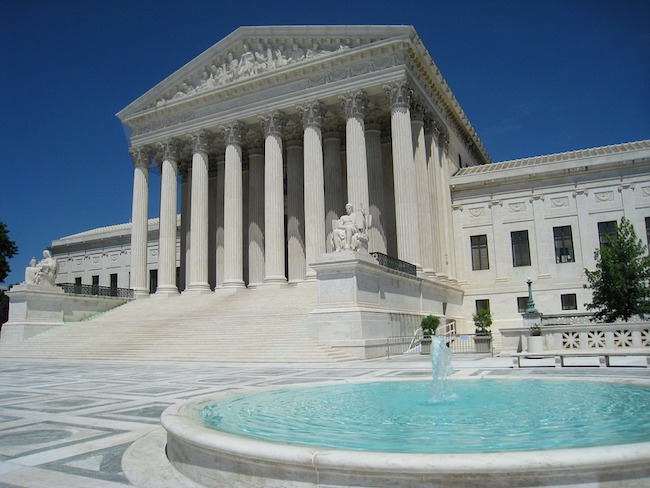The Supreme Court’s 15-Case Winning Streak on Religious Liberty by JOE CARTER for The Gospel Coalition
The Supreme Court closed out its most recent term last week with three significant victories for religious liberty—continuing a ten year series of wins for religious freedom.
“Religious freedom is on a massive, decade-long winning streak at the Supreme Court,” says Luke Goodrich, a religious liberty lawyer at Becket. “This 15-case winning streak hits every major area of religious freedom law: religious exemptions, religious autonomy, religious speech, religious symbols, and government funding for religious groups.”
Here are the fifteen most important Supreme Court victories involving religious freedom from 2011 to 2020:
1. Arizona Christian School Tuition Organization v. Winn (2011)
Question: Do the plaintiffs lack standing because they cannot allege that the Arizona tuition tax credit involves the appropriation or expenditure of state funds?
Ruling: In a 5–4 decision with majority opinion written by Justice Kennedy, the Court held that the petitioners could not challenge the tax credits for contributions to school tuition organizations that were religious.
Key quote: “If an establishment of religion is alleged to cause real injury to particular individuals, the federal courts may adjudicate the matter. Like other constitutional provisions, the Establishment Clause acquires substance and meaning when explained, elaborated, and enforced in the context of actual disputes. That reality underlies the case-or-controversy requirement, a requirement that has not been satisfied here.”
2. Hosanna-Tabor Evangelical Lutheran Church and School v. EEOC (2012)
Question: Does the ministerial exception, which prohibits most employment-related lawsuits against religious organizations by employees performing religious functions, apply to a teacher at a religious elementary school who teaches the full secular curriculum, but also teaches daily religion classes, is a commissioned minister, and regularly leads students in prayer and worship?




